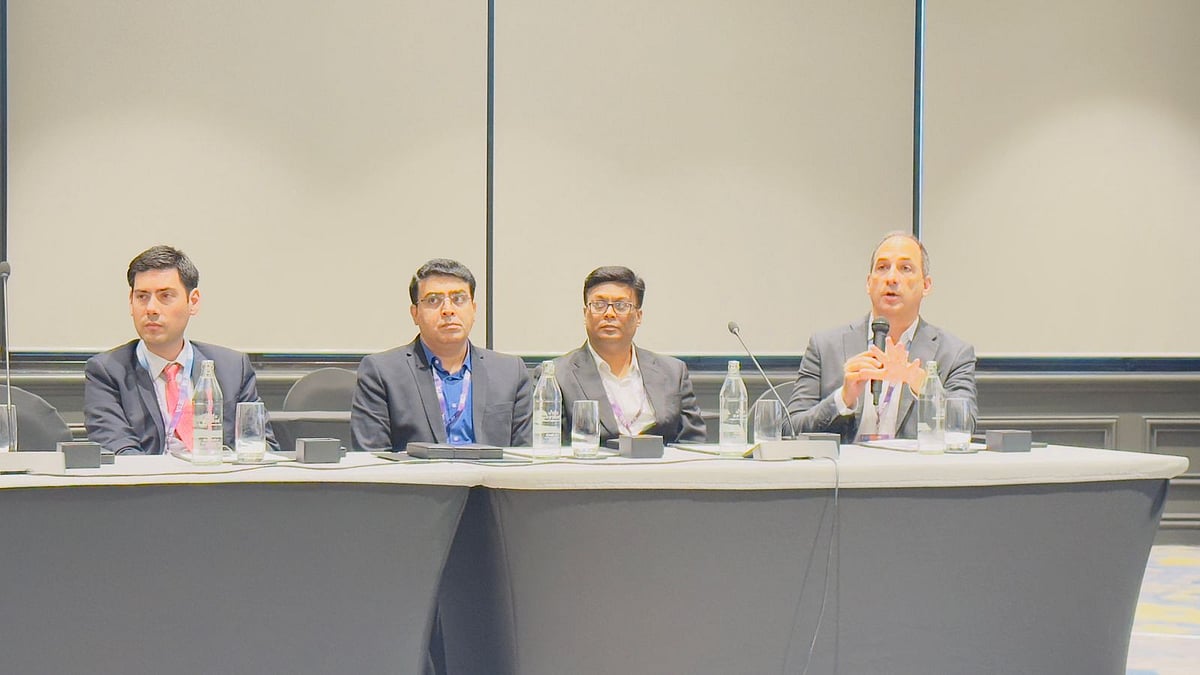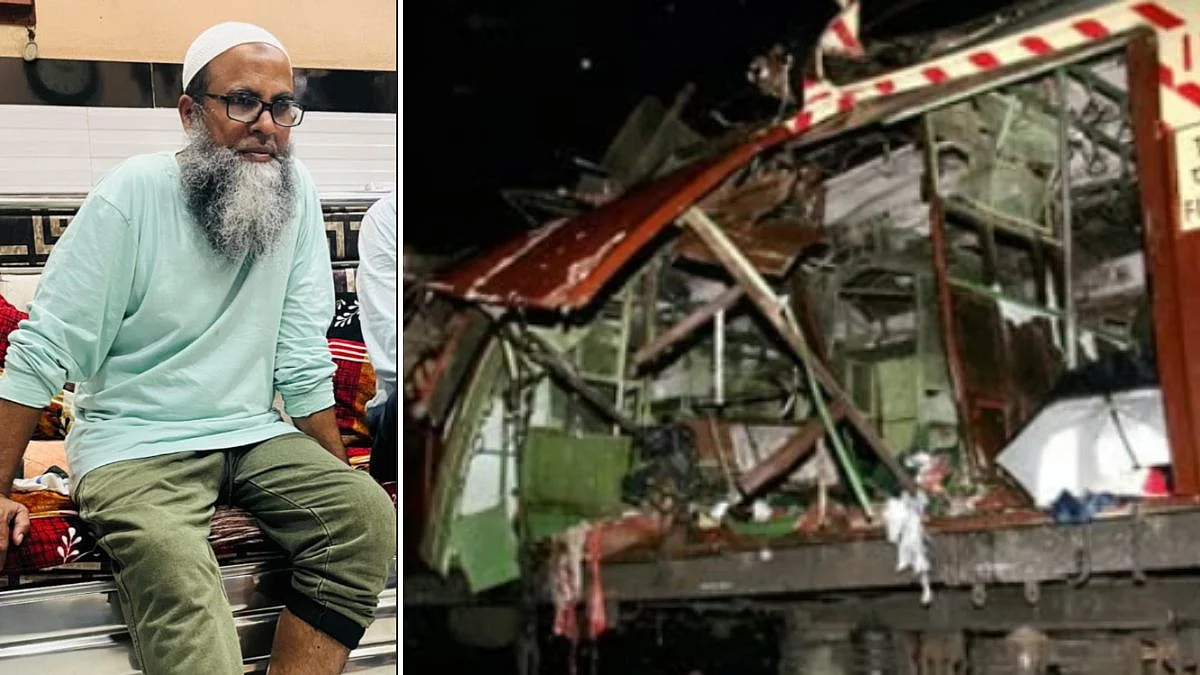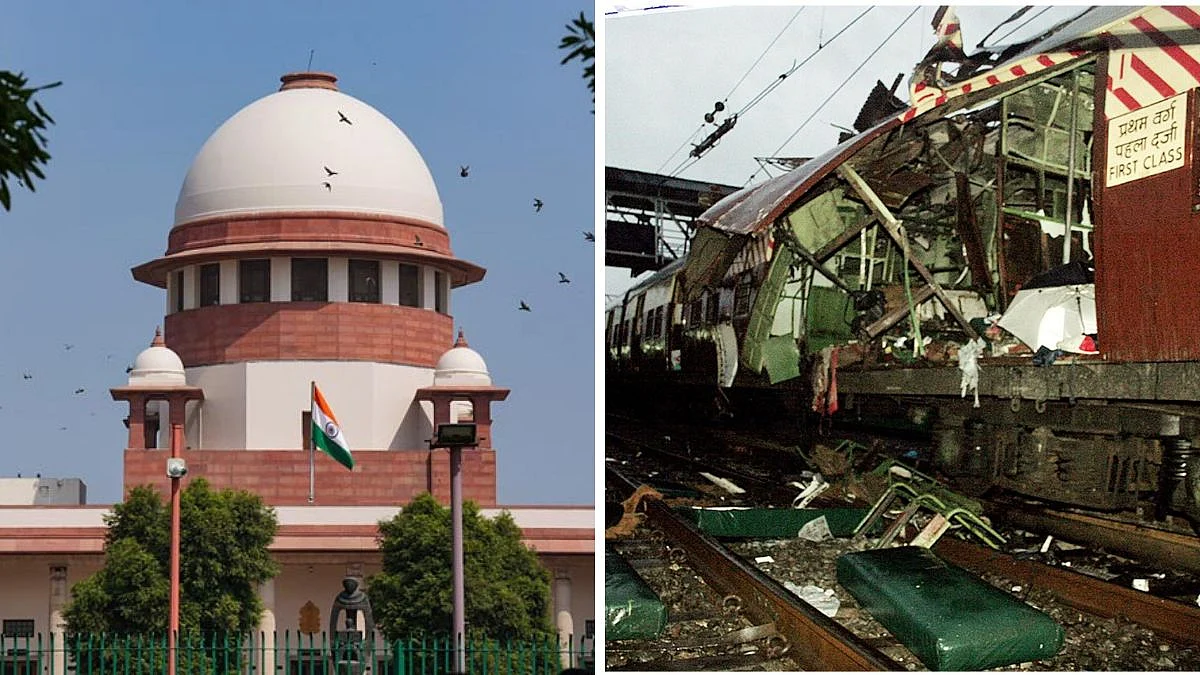In a first, a Mumbai-based envirotech enterprise has devised the world-first carbon methodology for scrapped vehicle recycling, unlocking climate finance for a high-impact waste stream. The methodology pioneers the initiative to enable carbon credit generation through the structured dismantling and recycling of scrapped vehicles.
At the Asia Climate Summit held in Thailand, Mumbai’s Meta Materials Circular Markets (MMCM) devised the world’s first end-of-life (ELV) recycling methodology in collaboration with Cercarbono. The methodology enables carbon credit generation through the structured dismantling and recycling of ferrous and non-ferrous metals, plastics, and glass from scrapped vehicles. These recycled materials act as substitutes for virgin raw inputs, reducing emissions, and promoting a circular economy within a certified climate finance framework.

Mumbai Based Envirotech Firm Develops World's First Carbon Credit Methodology For Scrapped Vehicle Recycling |
According to MMCM, ELVs are a growing source of unmanaged industrial waste and in the absence of proper dismantling procedures, they often end up in informal scrapyards that lack the capacity to handle hazardous substances like oils, coolants, and heavy metals. It consequently leads to contamination of air, soil and water, especially in rapidly urbanising countries.
The design of this methodology provides a structured alternative as it applies to climate change mitigation projects operating in registered vehicle scrapping facilities and supports both greenfield and expansion projects that demonstrate additionality beyond existing recycling practices. The approach also includes strict criteria for legal compliance, material traceability, monitoring and verification, and exclusion of informal-sector practices. Projects certified under the methodology will be eligible for issuance and tracking of carbon credits via EcoRegistry, Cercarbono’s official digital platform.

Nitin Chatkaram, CEO at MMCM said, “What started as a bold idea, rooted in Indian innovation was shaped and strengthened by the many hands and minds who believed in its potential. As we converge efforts towards building circular and low-carbon economies, this is a pivotal moment for us to present Made-In-India as a standardised methodology on a global forum, carrying the spirit of collaboration and shared purpose.”
Alex Saer, CEO of Cercarbono, said “This methodology delivers a concrete response to the growing challenge of vehicle waste. By enabling carbon finance for regulated recycling systems, we not only reduce emissions but also prevent the environmental harm caused by uncontrolled scrapping practices. It’s a climate solution rooted in circularity and equity.”






.webp)


